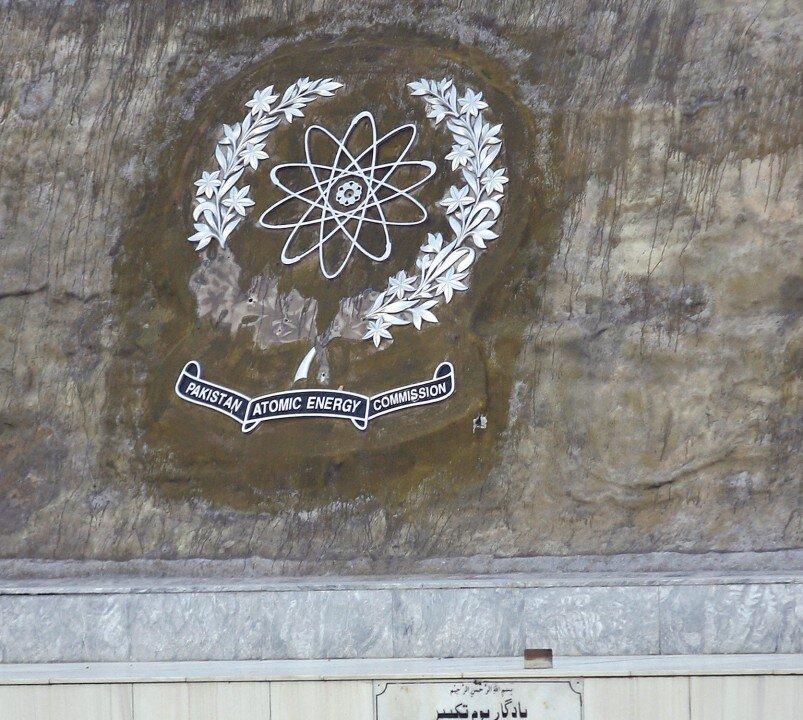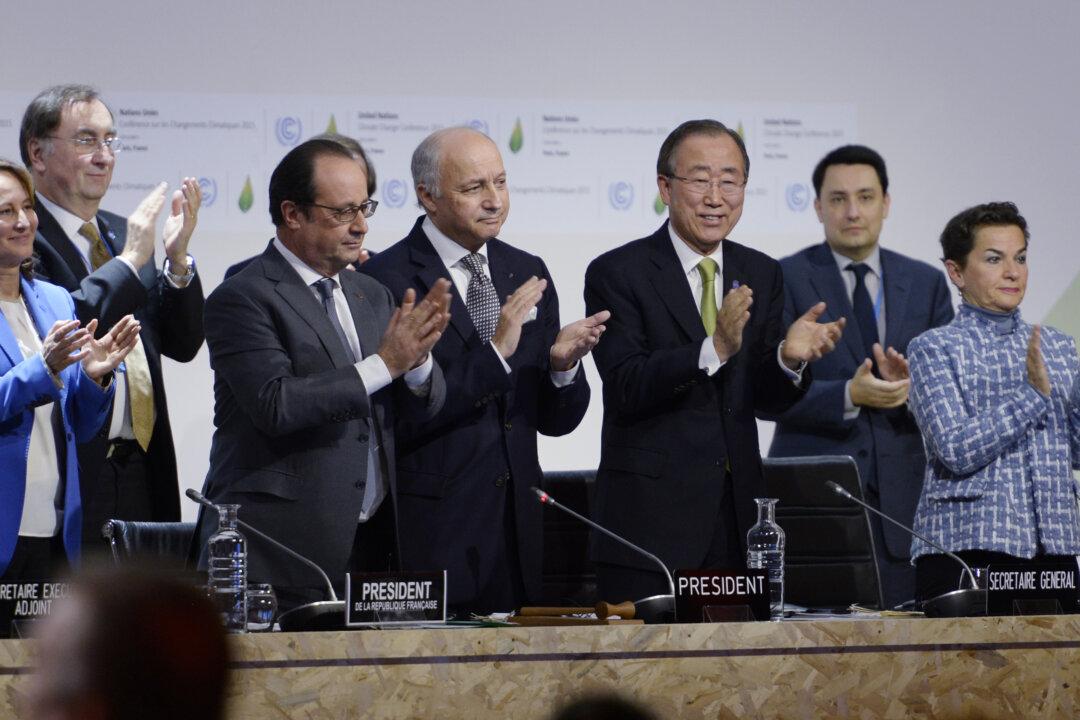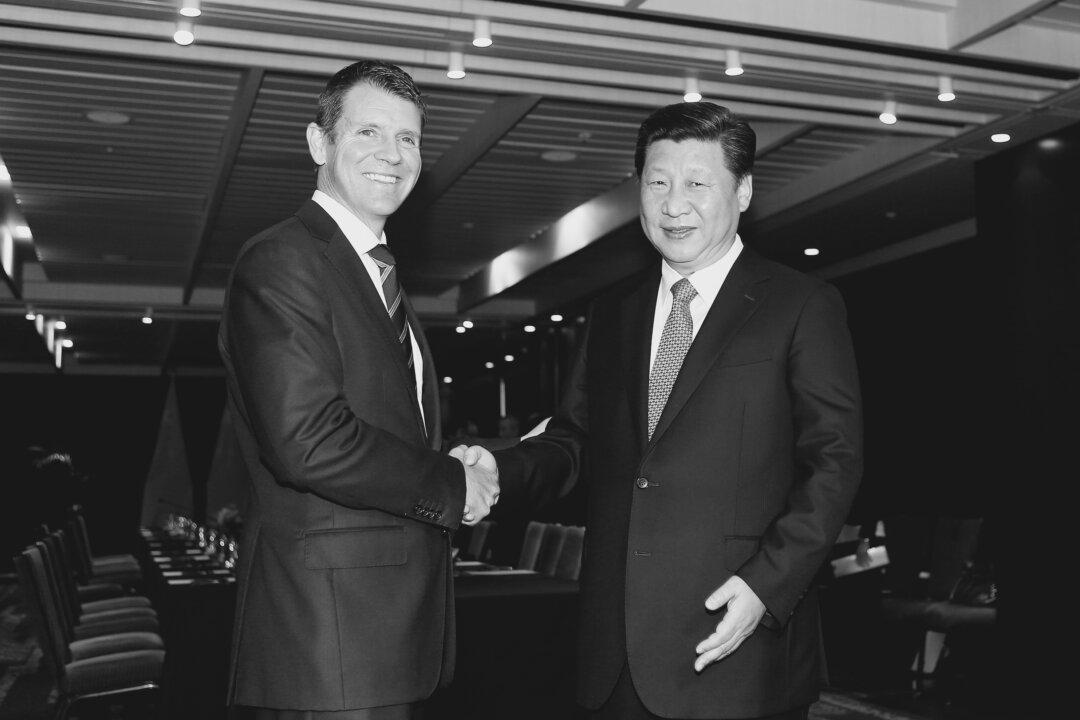Beijing on Monday denied that a recently reported agreement with Pakistan to build a third civilian nuclear plant at Chashma is in violation of its treaty with the global body that governs nuclear trade.
The guidelines of the Nuclear Suppliers Group (NSG) are voluntary, without an enforcement mechanism, and China agreed not to sell any more reactors to Pakistan when it became a member in 2004. The United States is the group’s current rotating head.
Under the guidelines, China is only allowed to make nuclear sales to nations that are part of the International Atomic Energy Agency (IAEA); Pakistan does not have the safeguards in place to meet that body’s requirements.
The Obama administration hoped to block the sale, which has been in the pipeline for several years, as it could advance Pakistan’s nuclear weapons program. U.S. intelligence reports cited by the Washington Free Beacon on Friday suggest the Chinese regime told state cadres and officials in Pakistan to keep the contentious deal under wraps and allow the smooth transition of its leadership change earlier this month.
According to the reports, China also directed the Pakistanis to keep quiet the recent transfer of Gwadar, a key port near the Persian Gulf, into Chinese control. U.S. officials believe the port could be used by Chinese warships.
The reactor contract will allow China National Nuclear Corp., the regime’s main nuclear weapons producer, to build a huge 1,000-megawatt plant in northern Pakistan, where there are already two Chinese reactors.
The CNNC has previously supplied nuclear weapons technology to Pakistan, for example when it traded magnets used to produce enriched uranium for missiles in the 1990s.
A Feb. 13 research report for the U.S. Congress warned that access to spent fuel could enhance Pakistan’s nuclear weapons program.
“Pakistan’s nuclear arsenal probably consists of approximately 90-110 nuclear warheads, although it could be larger,” the report stated. “Islamabad is producing fissile material, adding to related production facilities, and deploying additional delivery vehicles.”
In the past, Pakistan has traded nuclear technology with North Korea, Libya, and Iran in a proliferation spree that culminated with the arrest of Pakistani Dr. Abdul Qadeer Khan in 2004.
To secure covert efforts against Islamist terrorism, the U.S. administration has not yet publicly protested negotiations between China and Pakistan, but it is expected to contest the reactor deal at the next NSG plenary meeting in June, according to the Beacon report.
The NSG made an exception for India in 2008, when U.S. nuclear sales were permitted, based on India-specific IAEA safeguards. However, the United States did not support this alteration for Pakistan.
India hopes to join the NSG, but China is opposing the move, according to a Reuters report last Thursday. They’ve called for Pakistan’s membership instead.
The Epoch Times publishes in 35 countries and in 21 languages. Subscribe to our e-newsletter.




